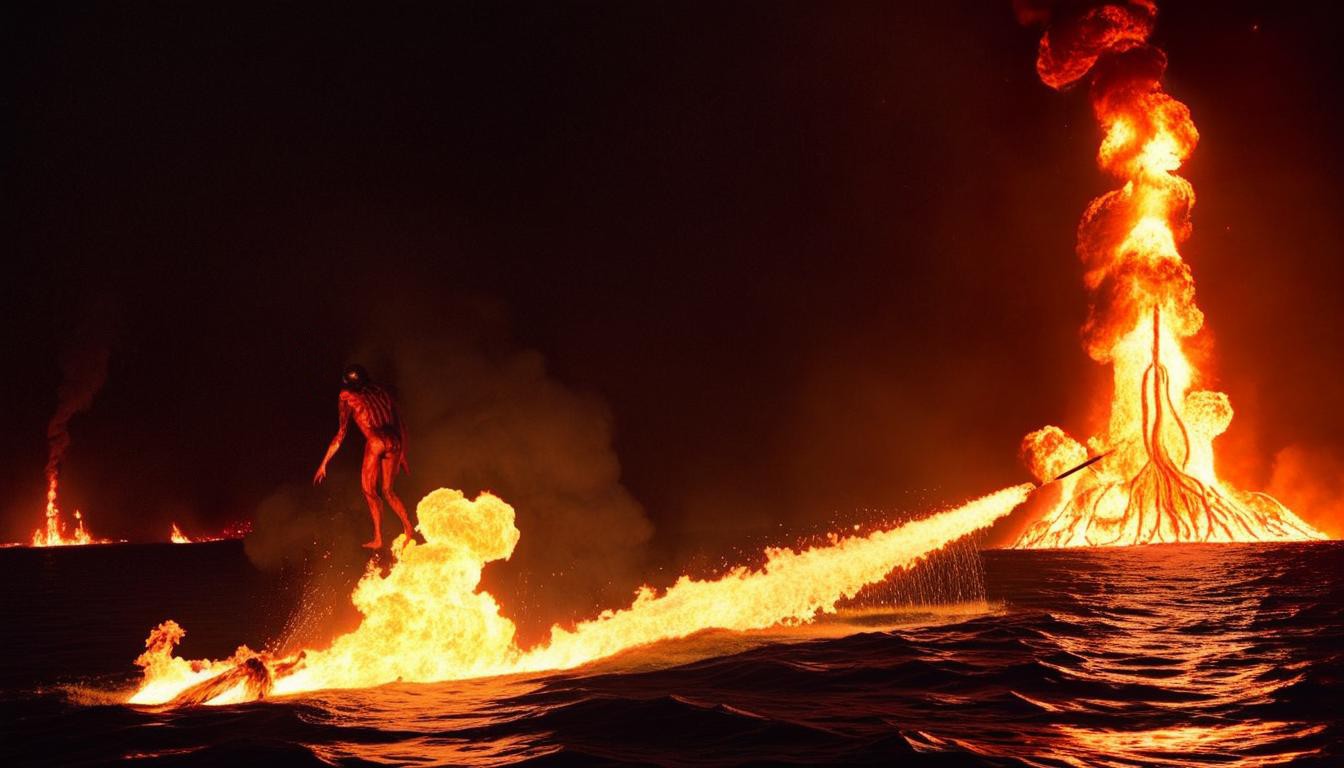Watch
Events
Articles
Market
More
I am stuck in Isaiah 65 again and need some assistance in understanding. ?
v17 talks about the new heaven and the new earth and then in v20 it says:
No longer shall there be in it an infant who lives only a few days,
Or an old man who does not finish his days;
For the youth who dies at the age of a hundred,
And the one who does not reach the age of a hundred
Will be thought of as accursed.
My understanding is that according to Rev 20, that death and hades has been thrown into the lake of fire at this point in time. So, why does death get mentioned again on the new earth in Isaiah 20?
Also, would this be considered the "3rd death" as Rev 20:14-15 tells us what the second death is:
Then death and Hades were thrown into the lake of fire. This is the second death, the lake of fire. And if anyone’s name was not found written in the Book of Life, he was hurled into the lake of fire.
If this is a "3rd death" then what happens to the person or is this a case of Biblical "reincarnation" and a person just comes back to the new earth to start the cycle all over as there is no more death?
Please do let me know how you understand this concept of death in the new earth.
#death #newearth #hades #rev20 #isaiah65




Brian T
Delete Comment
Are you sure that you want to delete this comment ?
Rhy Bezuidenhout
I was raised that there are no contradictions and if there are then it is either my understanding or the translation that is wrong.
So, if I have found a real contradition that can't be explained, after many years of study, then it makes me wonder whether there are any other.
Delete Comment
Are you sure that you want to delete this comment ?
Sarah Coller
Delete Comment
Are you sure that you want to delete this comment ?
Caleb Lussier
The principle applies beyond the Torah too.
Also keep in mind there are a few versions of Isaiah. Since we have no original it’s possible the copies have variations. This is also worth looking into.
Definitely get that “Hades” junk out of your head though. Nothing will mess us up faster than having foreign mythologies mixed into the story. Hades was an example of a domestication of the text. The Greeks thought hades was where the dead went and the scribes accommodated them in this. They treated it as a synonym for Sheol but it’s an antonym. Hades in the text is an example of a contradiction.
But contradictions in the copies are expected. The belief is that there are no errors in the original manuscripts. It’s a belief as opposed to a known fact because we have no original manuscripts of any of the texts of scripture.
Delete Comment
Are you sure that you want to delete this comment ?